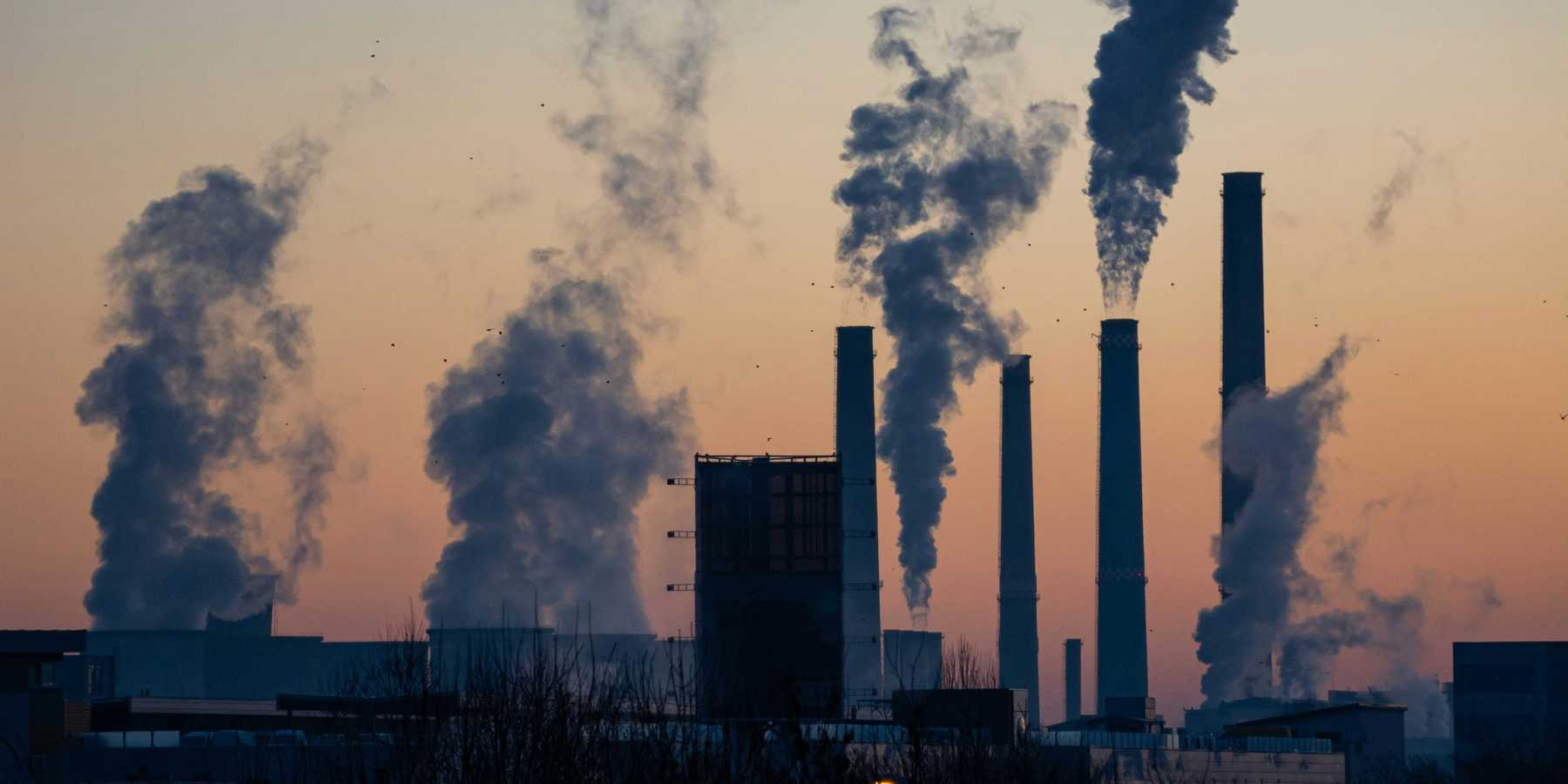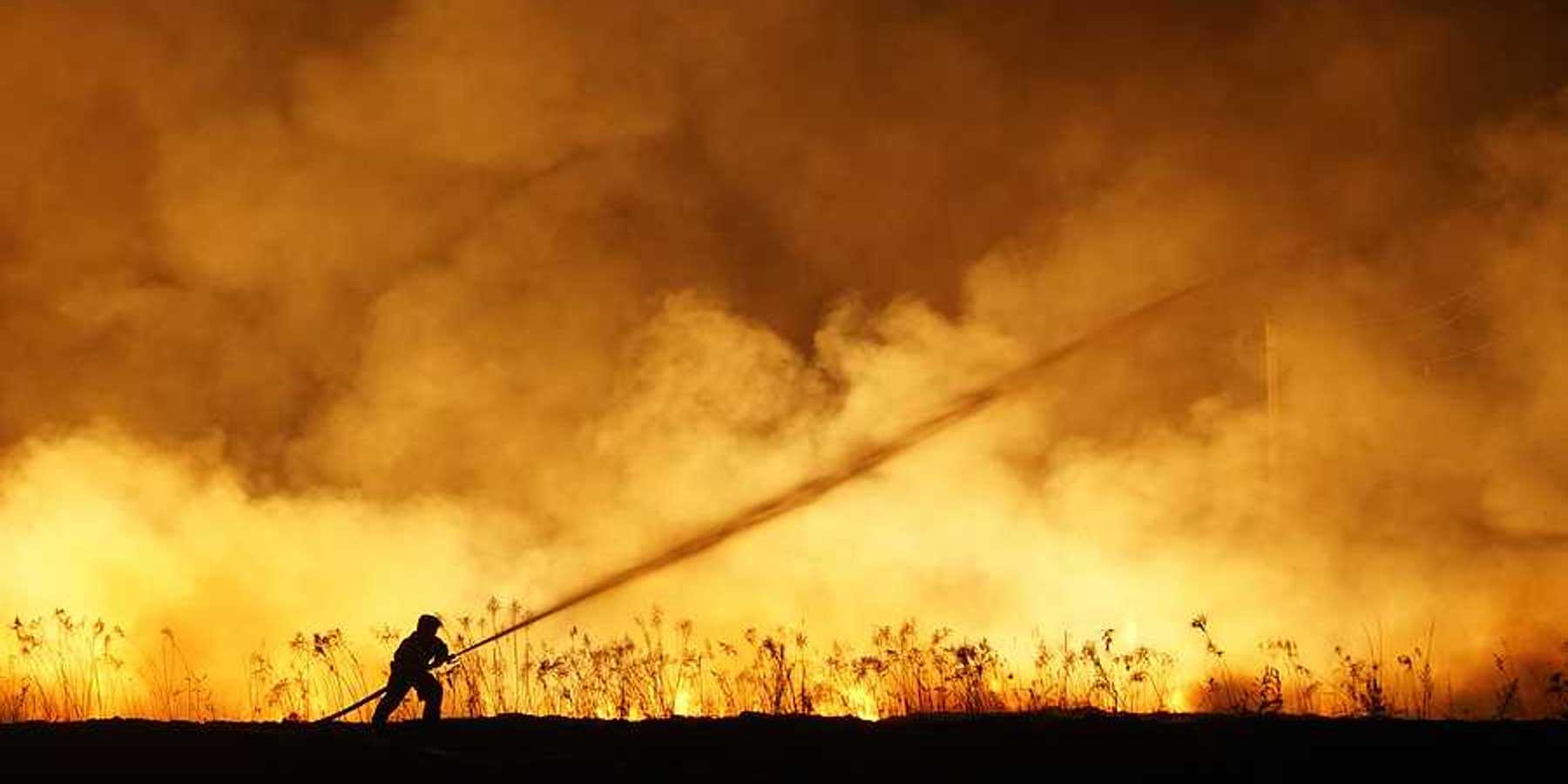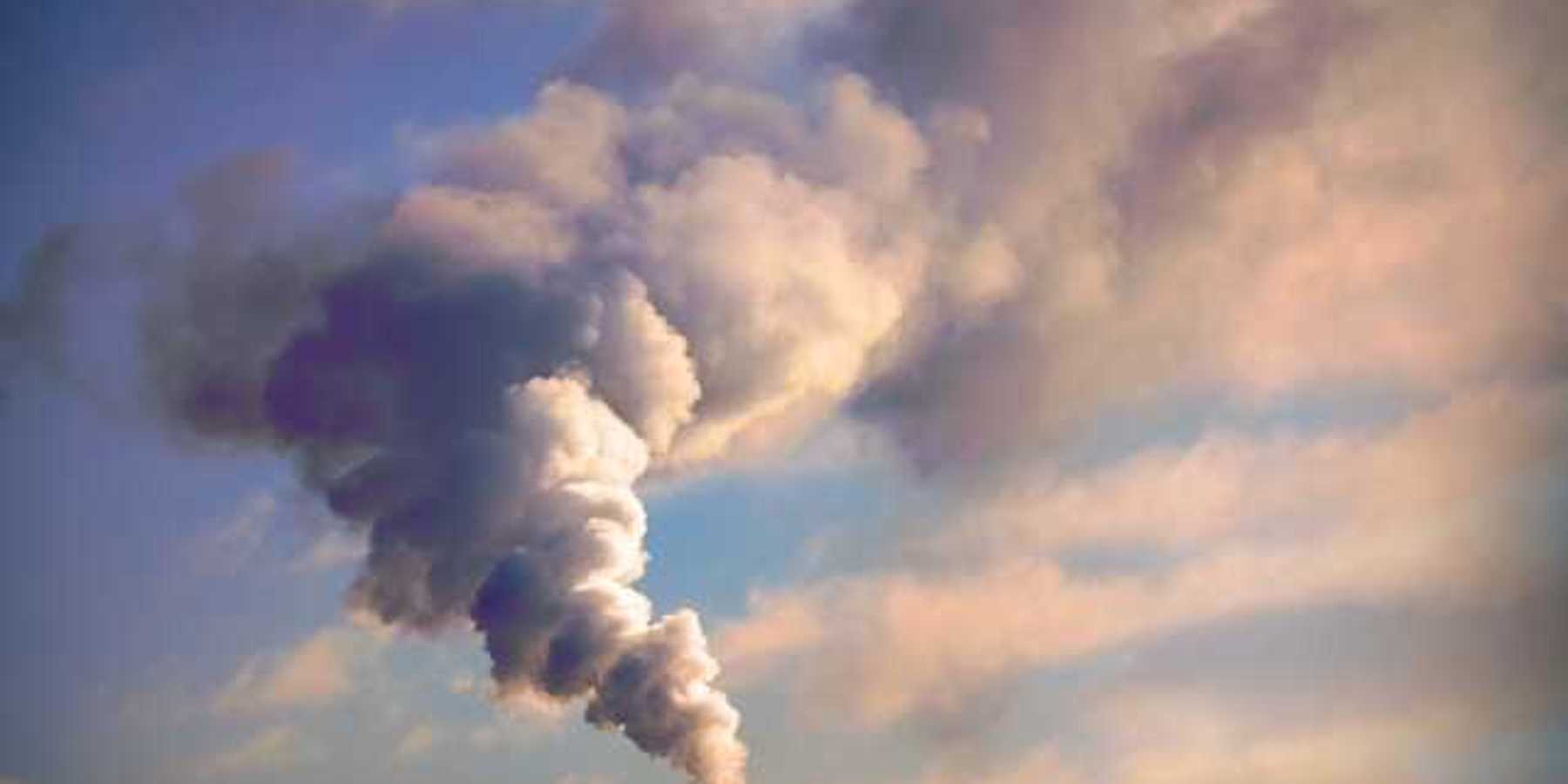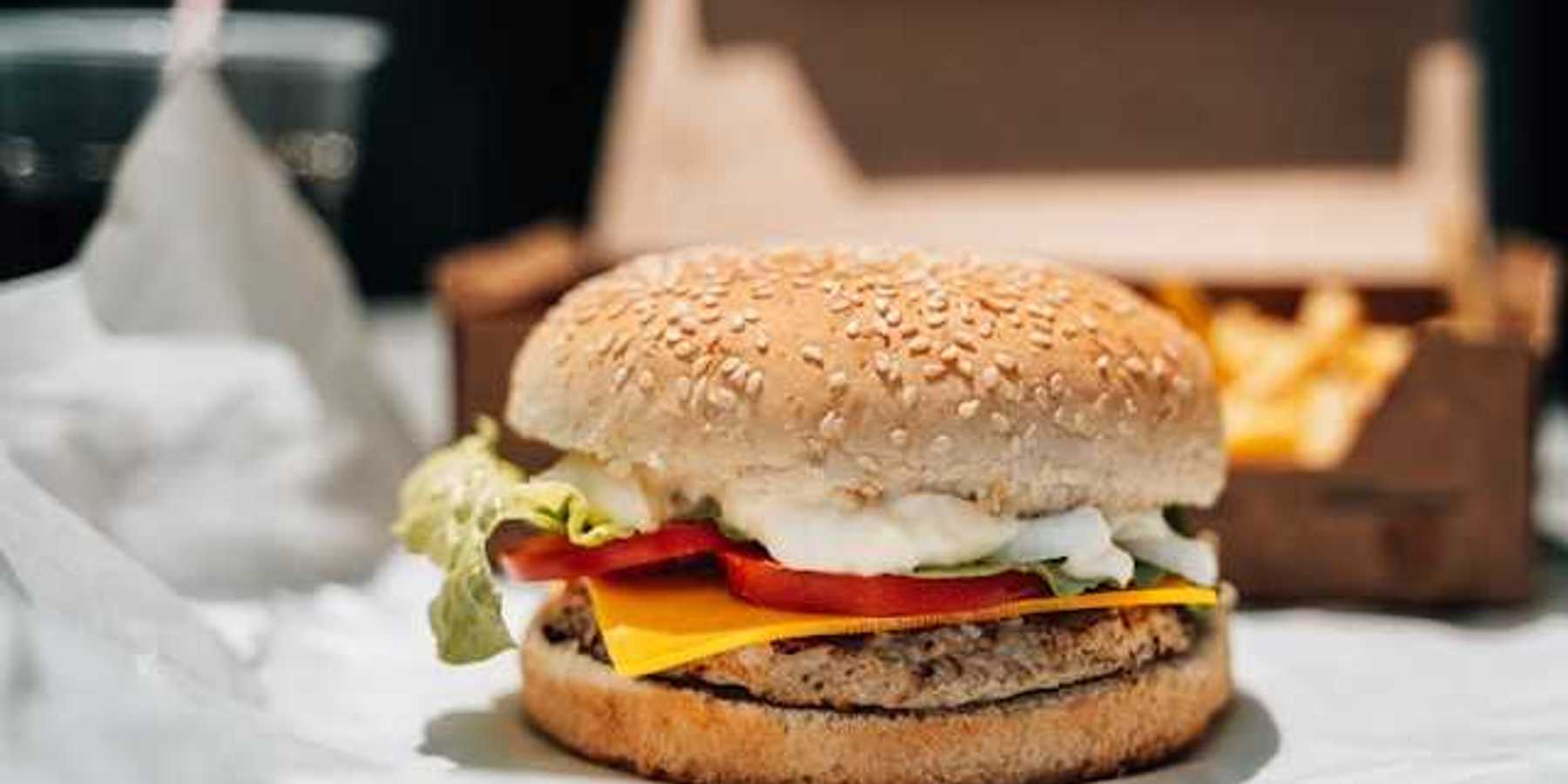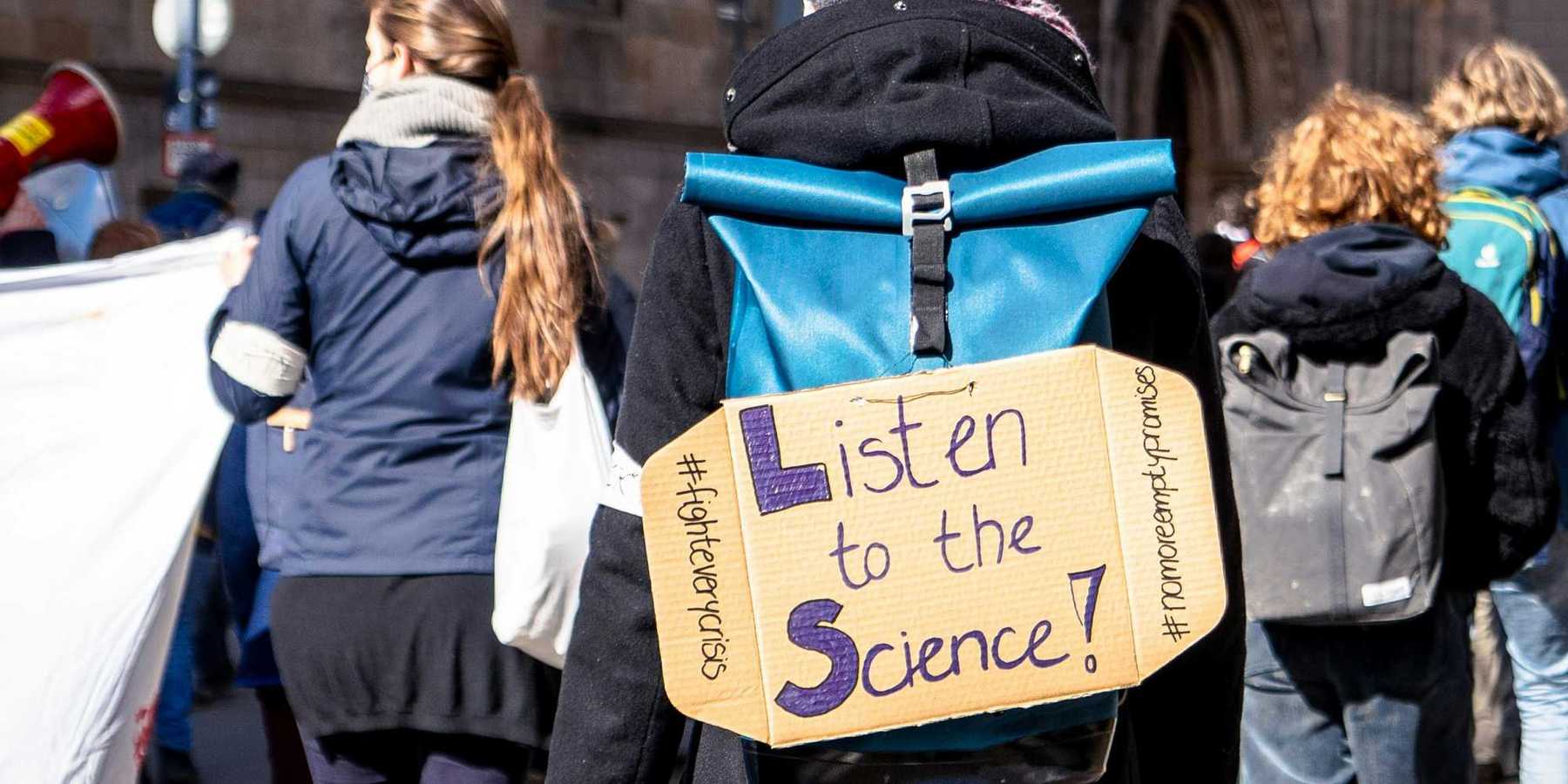New study reveals Arctic sea ice complicates shipping routes
Melting sea ice in the Canadian Arctic is paradoxically making shipping routes more hazardous due to the movement of centuries-old thick ice, according to recent research.
Bridget Stringer-Holden reports for CBC News.
In short:
- Melting thinner ice is releasing thick, old ice, creating choke points in the Northwest Passage.
- The study, reflecting actual ship traffic from 2007-2021, shows increased risk on key routes, despite longer shipping seasons in some areas.
- Local coastal communities face increased food and supply costs due to shortened shipping seasons and reliance on costly airlifts.
Key quote:
"It's true that the Arctic sea ice in general is showing significant retreat and melting, and will continue to do so, but our new study shows that it's not a simple story."
— Alison Cook, Scottish Association for Marine Science
Why this matters:
Thick ice obstructing Arctic shipping routes poses economic and logistical challenges for coastal communities, increasing their dependence on expensive airlifts. Additionally, this complicates future plans for using the Northwest Passage as a reliable trade route, affecting global shipping logistics.

